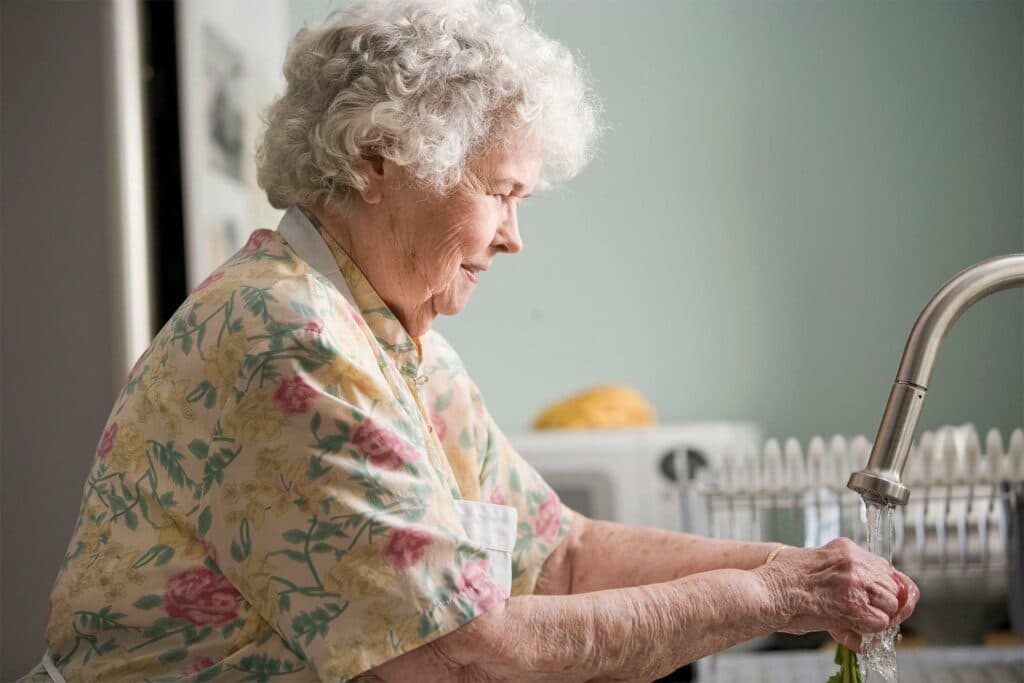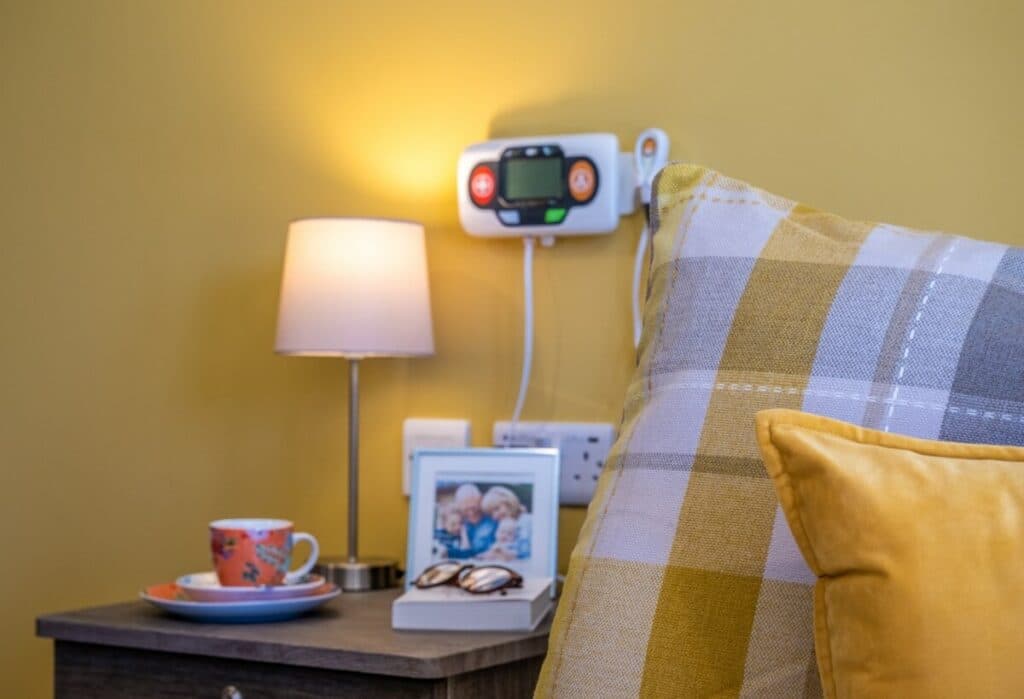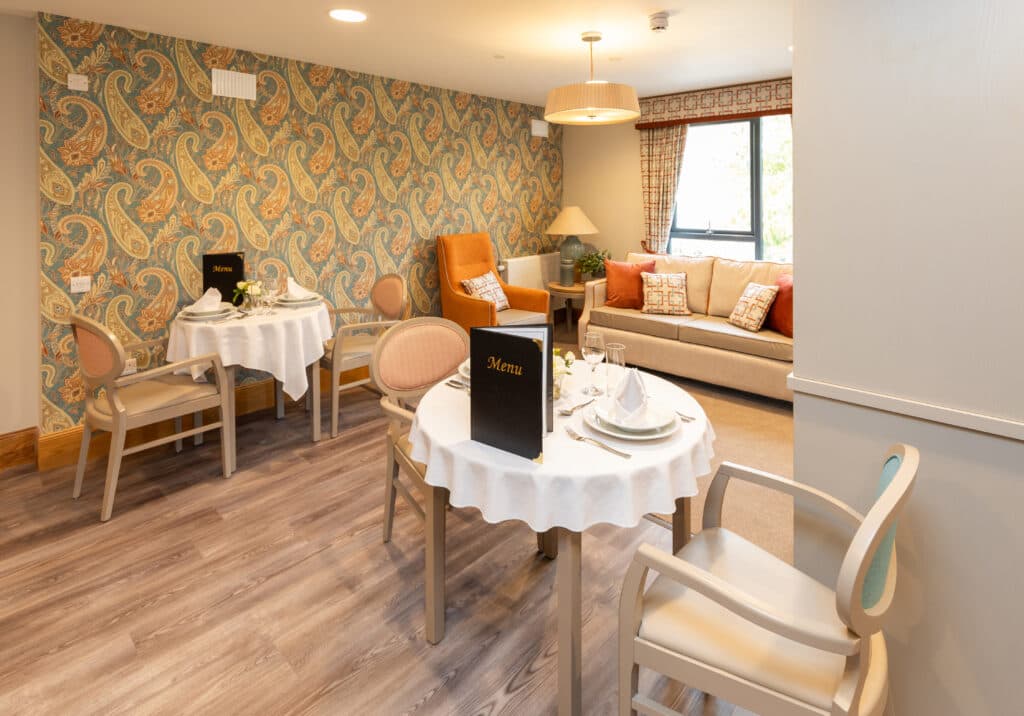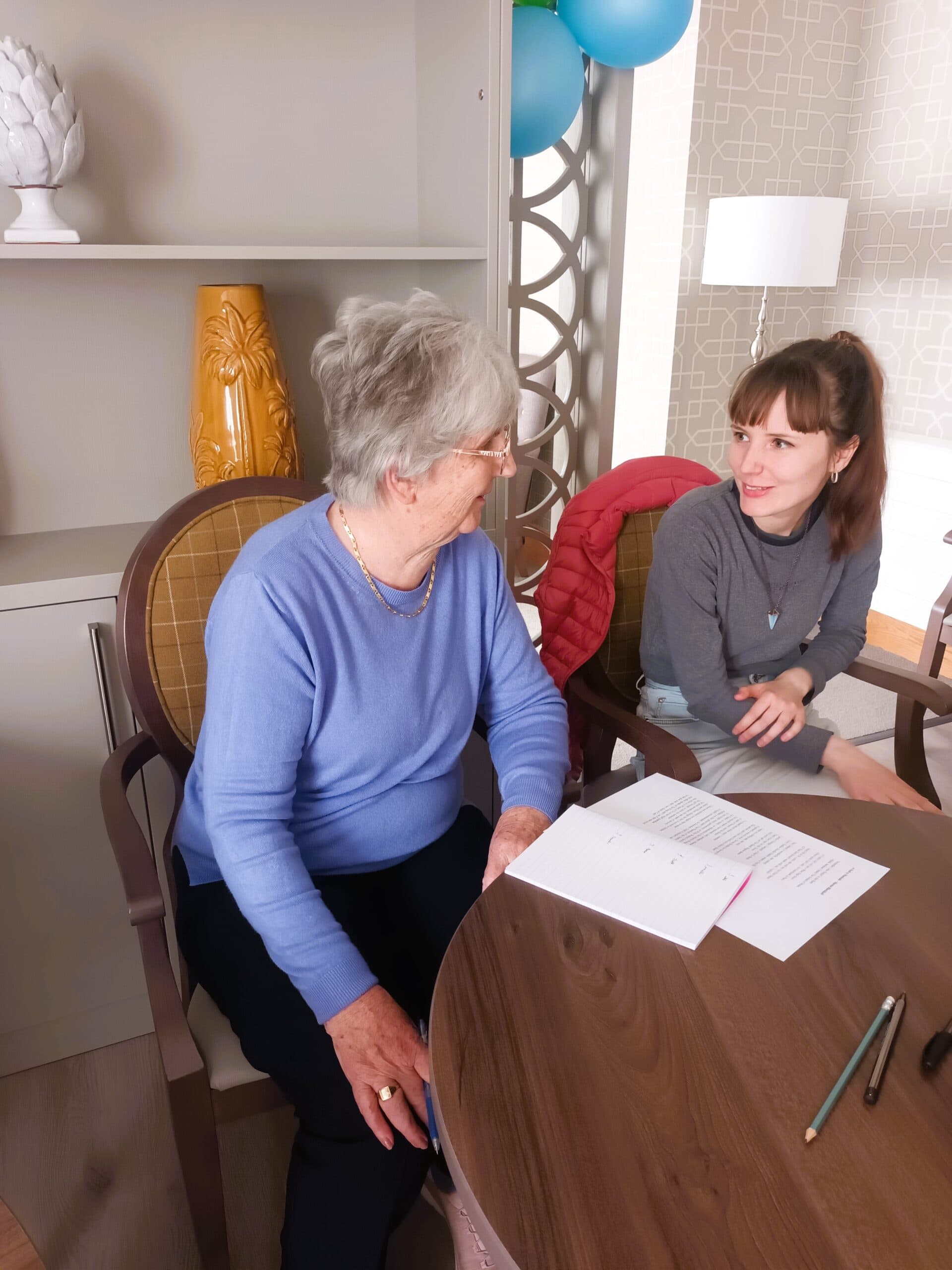How Much Do Care Homes Cost in Aberdeen?

In Aberdeen and the surrounding areas, there are many different types of care homes, and the number is continuously growing. Many care seekers and their families are uncertain about whether they can even afford the care home fees and what types of financial support are available.
In this blog, we look into the average care cost in Aberdeen and explore the different types of financial support options. We will also look at the different types of care homes and what their fees will include.
Care Home Fees Within Aberdeen
Each care home follows a fee structure, which is determined by the type and level of care they offer. Care home fees can also be influenced by external factors such as the care home's location, accessibility and available facilities. Some care homes require a fixed weekly or monthly rate, while others allow for a pay-as-you-go approach. The overall costs for an individual vary on the level of care required and what the care home offers for its residents.
It's important to note that many care home fees typically cover only care services such as personal care and medical care. Additional charges may apply for personal items, beauty treatments, social activities and excursions. Most of the time, individuals are responsible for financing their own care, commonly known as self-funding. However, many people may find it difficult to afford care home fees.
What Are The Average Care Home Fees?
lottie.org recently published an article which revealed the yearly average care home fees starting at £51,000 for residential care and £62,000 for nursing care. All care home costs will vary depending on the type of care provided, support such as with daily activities, as well as needing support from registered general nurses.
Where a care home is located can also influence the costs of the overall care home fees. A care home in a central location near a big city will tend to be more expensive than one in a rural area.
It's also important to note that not all care homes will provide the same services, facilities and fees. Therefore, looking around at various care homes in your desired location is important before making a final decision.
Residential Care Costs in Aberdeen
Residential care fees include accommodation, food, and daily personal care. Residential care in Aberdeen is suitable for those who can live independently to a degree but may need some support with daily activities such as mobility, bathing, or dressing and who would prefer a gentler pace of life with reduced responsibilities.

Dementia Care Costs in Aberdeen
Care homes that provide dementia care will charge a higher fee for this type of care. Those with dementia often require a higher level of care and support, which is why the weekly fees are higher. The care team working within a dementia unit will receive regular dementia training to keep up with the latest dementia research, technology, and practices. A dementia care unit can also offer dementia-friendly activities and therapies to help reduce the complex symptoms linked with the condition.
Nursing Care Costs in Aberdeen
Nursing care is usually the most expensive type of care. This is because an individual requires 24-hour monitoring and medical services provided by Registered Nurses. Nursing fees cover the essentials such as accommodation, medication management, meals, and medical support services. Residents receiving nursing care in Aberdeen typically require around-the-clock care and are reliant on nurses, contributing to higher fees.

Respite Care Costs in Aberdeen
Respite care is a type of care offered to older people for a short duration of time. It can benefit individuals recovering from an illness or who have recently had surgery. Respite care is also a suitable option for caregivers to get a break from their full-time care duties. To understand the best care approach for an individual receiving respite care, management at a care home will carry out a needs assessment to calculate the cost of their respite fees.
What's Included?
Care home costs vary depending on the types of services and level of care offered in each home. However, the costs tend to cover essentials such as meals, accommodation, and all care and support.
Care seekers need to understand that each care home sets its own fees and may charge extra for additional services, which can vary. So, you'll need to find out as much information as possible and compare your findings with other care homes. That way, you can find the right care home for your loved one and know exactly what the fees are.
What Is An All-Inclusive Care Home In Aberdeen?
In recent years, all-inclusive care homes have become an increasingly popular type of care home, primarily due to the appeal of a fixed fee that covers a range of services and high-quality facilities. While the overall cost may be slightly higher than other traditional care homes, the convenience of residents having access to all services, facilities and activities often makes it a desired choice.


Having that peace of mind about unexpected fees can be comforting, particularly with the rising living costs. With an all-inclusive care home, you pay a single fee that covers your personal care costs, accommodation, energy bills, support and the various on-site facilities within the care home.
It's important to note that even with an all-inclusive care home, you will find different care services at different levels, so conducting research on a number of care homes is important. Finding the best fit is essential, as you may come across care homes that aren't appropriate for your loved one. Taking the time to explore and compare options will help you to find a well-suited choice.
How to Pay For Care Costs
Individuals are usually expected to pay for their own care fees. However, some people may not be able to afford to pay for care costs. In such cases, they may be able to apply for financial support from their local authority or through the NHS, known as Complex Clinical Care.
To determine whether a person is eligible, a financial assessment is carried out, which looks at their total savings, pensions and assets. If it's under the minimum threshold, they will be granted funding.
If you are unsure about if you or your loved one can afford to pay care fees and need additional support, a financial advisor can provide advice and guidance on your financial situation. Getting advice from a financial expert can help you understand the options available for you to make an informed decision regarding future care costs.
Acquiring Help Towards the Costs of Your Care Home Fees
To qualify for funding from the local authority, individuals will have a financial assessment that factors in their assets and income, this is known as a means test. If your local authority sees that your total assets and savings are less than the threshold, they will pay a contribution towards your cost of care.
Individuals who have a 'primary health need' may qualify for Complex Clinical Care funding. To determine whether an individual should receive this funding, an assessment is required first and foremost by a multi-disciplinary team.

If you do not qualify for NHS-funded care or local authority support, there is the option to apply for a deferred payment agreement. This means that the local authorities will loan you an amount to cover the cost of care and once your home is sold, the loan will have to be repaid.
It's important to note that financial support is not always guaranteed and some care homes may not accept local authority funding. Before visiting a care home, it is recommended to enquire about their policy on accepting financial support.
Local Authority Funding
Local authority funding refers to funding provided by a local council to support individuals who are unable to pay for their care fees. To be eligible for funding, a means test is conducted, which involves a financial assessment of an individual's financial situation including their pensions, assets and savings.
While funding from the local authority generally pays towards costs such as accommodation, meals and personal care, it may not extend to cover additional services or amenities. Personal items, social activities and additional medical treatments will usually need to be covered by the individuals themselves.
Also in some cases, a top-up fee is required. This is when the local authority funding budget is less than the cost of the care home chosen, so the individual or their family is expected to cover the rest of the fees.
Complex Clinical Care Support
Complex Clinical Care refers to the NHS covering the costs of care for residents who have significant health needs usually associated with a long-term illness or health condition.

To determine eligibility for this type of funding, an official assessment will be conducted by a team of medical professionals. This assessment will thoroughly assess a person's current mental and physical state, as well as look at a scale of complexity, unpredictability and intensity. If a healthcare team believes the individual has complex healthcare needs or a 'primary health need', they will likely be eligible for CHC funding. A means test will be carried out to determine whether an individual should contribute towards their accommodation costs only.
Self-Funding Your Care Home Fees
Self-funding your care means you won't require financial support from the NHS or local authority. This means that you or your family will be fully responsible for covering the full cost of care. Self-funding is appropriate for individuals with sufficient savings or assets.
Care home fees can vary based on several factors, including the size of the home, its location, the number of care services and the amenities that are offered. Moving into a care home is a major financial commitment and requires careful consideration before reaching a final decision to ensure that all costs are properly accounted for.
About Our Care Home In Aberdeen
Woodlands Care Home is a purpose-built care home located in the heart of Aberdeen. Our priority is providing person-centred care in a luxurious yet homely environment for 81 older individuals. We take pride in delivering a high standard of care services, including Nursing Care, Dementia Care, Residential Care, Respite Care, and Palliative Care. At Woodlands, we believe in offering more than just care; we provide an opportunity for our residents to experience a five-star way of life.



Nestled in the charming residential area of Craigiebuckler, Aberdeen, our care home is managed by a dedicated and experienced team. Our beautifully furnished rooms create a warm and inviting environment, ensuring the utmost comfort and relaxation for our residents.
At Woodlands Care Home in Aberdeen, we place a strong emphasis on building meaningful relationships with each resident. By understanding their unique preferences, interests and aspirations, we are able to tailor our care and support to meet their individual needs effectively.
Contact Us
If you are interested in learning more about our care home services, and the outings and activities our residents enjoy, please get in touch to book a tour or download a brochure.





